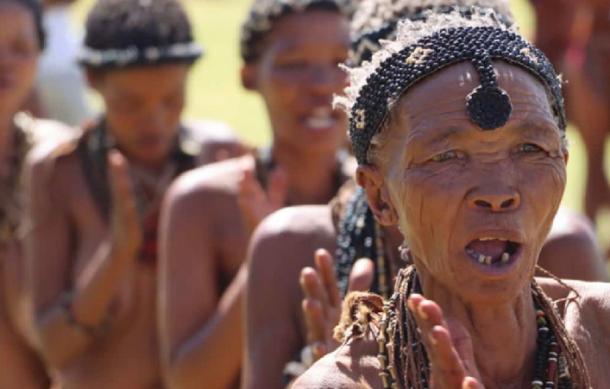
Even though the Namibian government is doing its best to uplift the standards of living for marginalised communities, much still needs to be done to reach levels of satisfaction.
Regional Development Planner in the Ministry of Gender Equality, Poverty Eradication, and Social Welfare, Desiree Masheshe, remarked this during an oversight visit by the Parliamentary Standing Committee to the Omaheke Region.
Masheshe shared with the committee issues like staff and transport shortages related to their mission to assess and determine the effectiveness of government development programmes developed for marginalised people in the region.
He noted that quarterly food provisions from the marginalised office have proven insufficient, suggesting an amendment to the time frame to curb malnutrition.
"There is no reliable source of food for the San community here in Omaheke, and supplementary food is not enough to sustain these beneficiaries for the three months that they have to wait. A typical San household consists of 6–15 members, and only giving them this little portion of food is of course not enough, as after two weeks they don't have anything else they can depend on despite selling firewood to make ends meet."
On a positive note, Masheshe informed the committee of a marked increase in school enrollment among marginalised children within the region.
The Chairperson of the Standing Committee on Constitutional and Legal Affairs, Kletus Karondo, stated that the committee would evaluate the budgetary provisions for the state's marginalised programme.
"The expected outcome of our visit is to have an overall understanding of the programmes of the marginalised communities, their benefits and shortcomings, and at the same time to assess if there is a need to redefine the programmes for marginalised communities to include other vulnerable groups."
Omaheke Governor Pijoo Nganate stressed that more sustainable development projects should be directed towards marginalised communities.
"We have to see to it that we work together with the Office of the Vice President in acquiring, as is already in the position of the San community, but only for us to come on board and Zimbabweans are here and can train people; they can work with them on the land so that we can restore the dignity of our people."
The governor also reminded the Standing Committee about other vulnerable communities in the region, such as the Bakgalagadi and others, who he said also need assistance.





